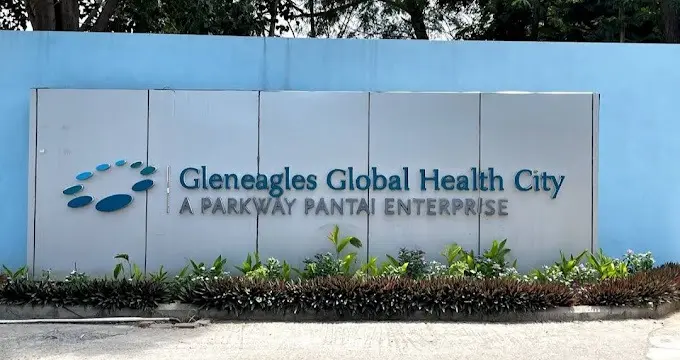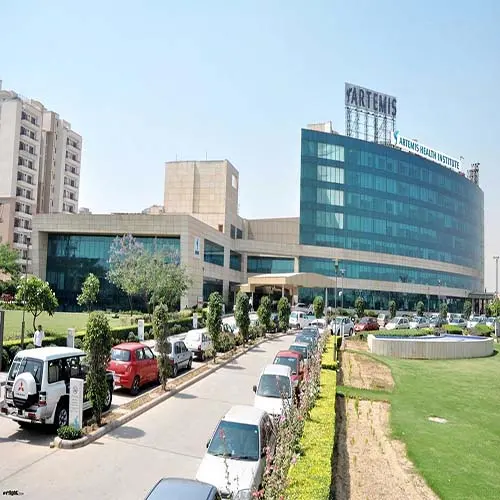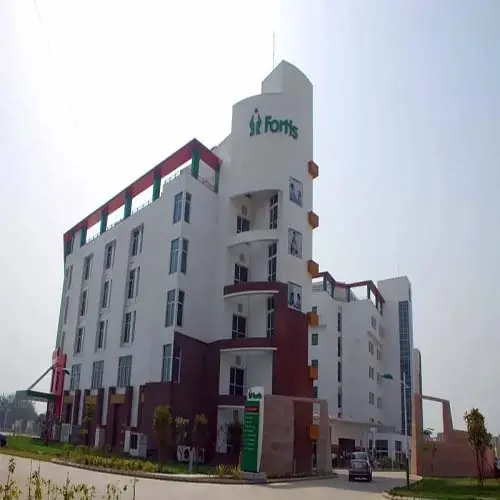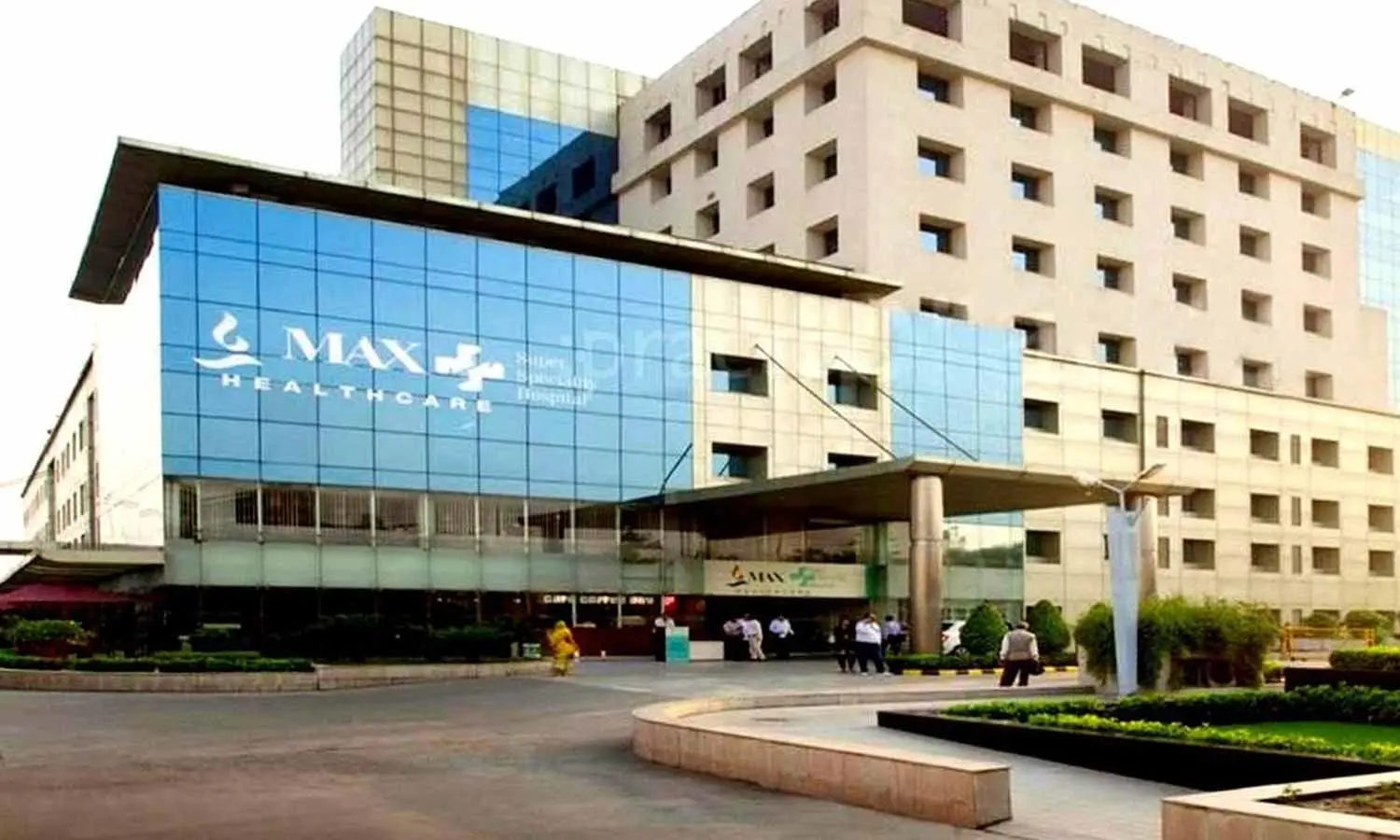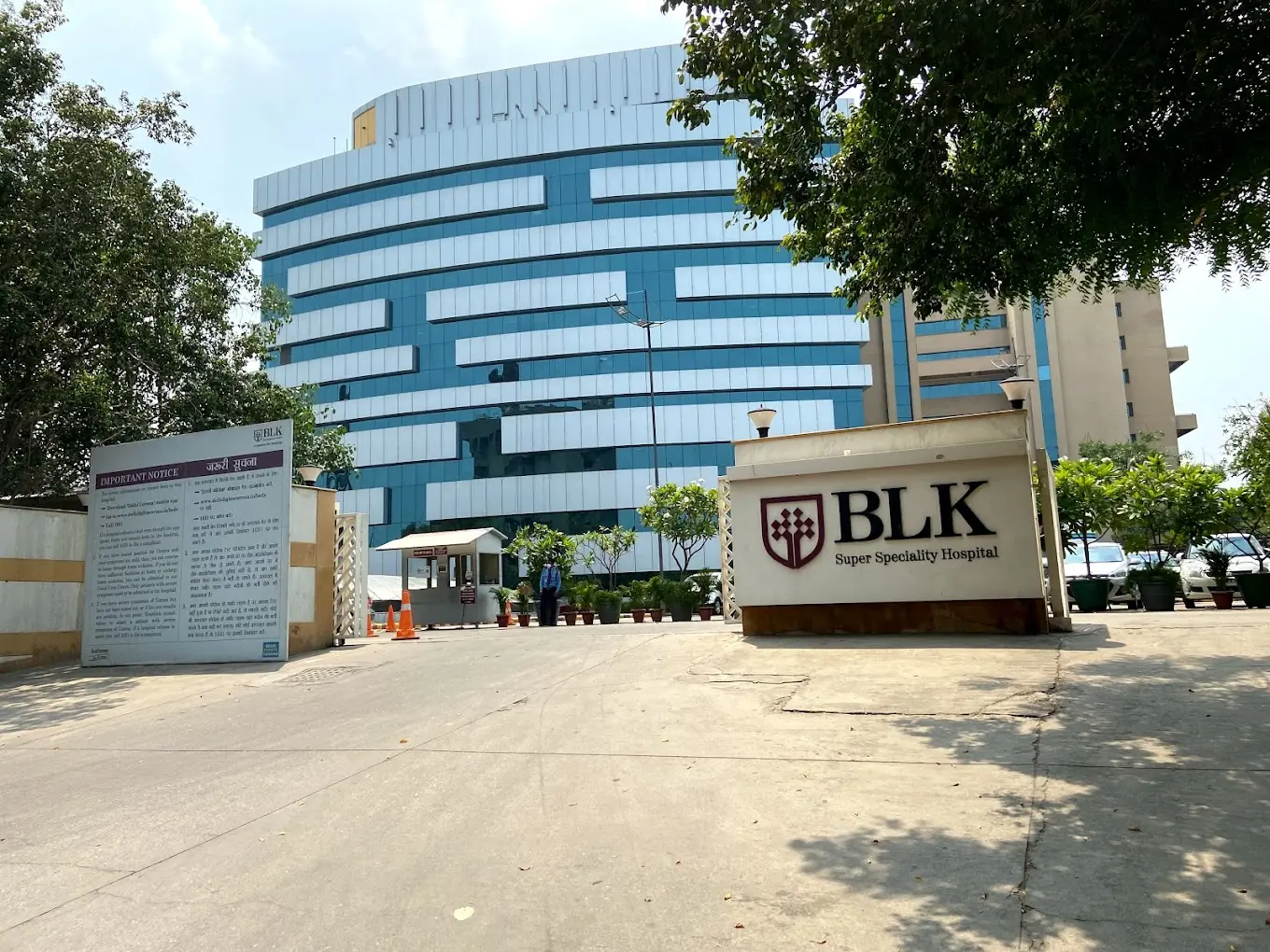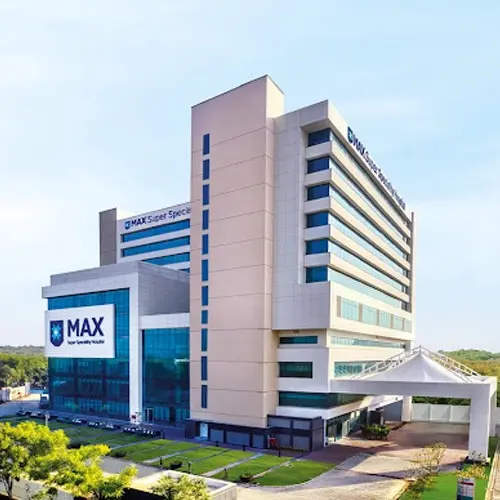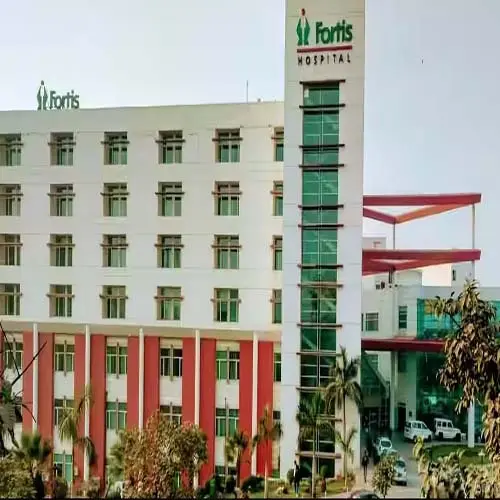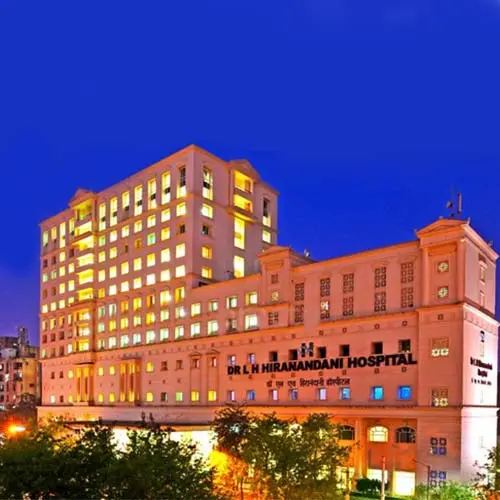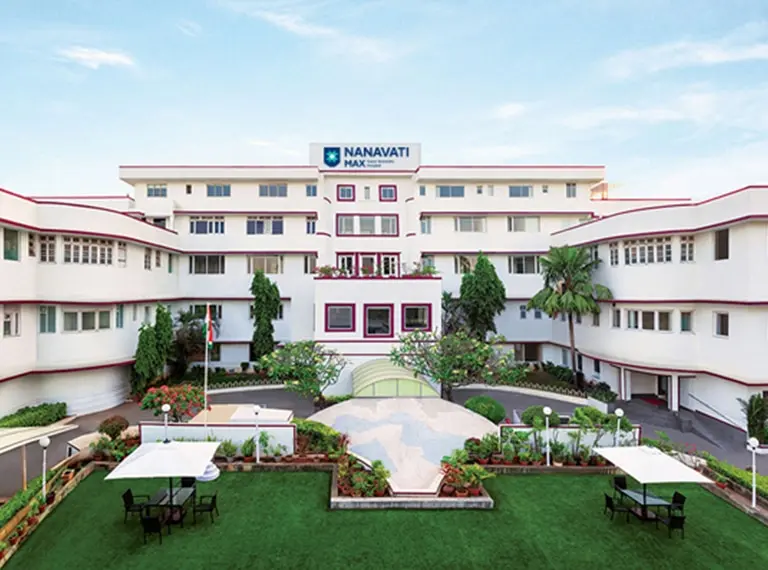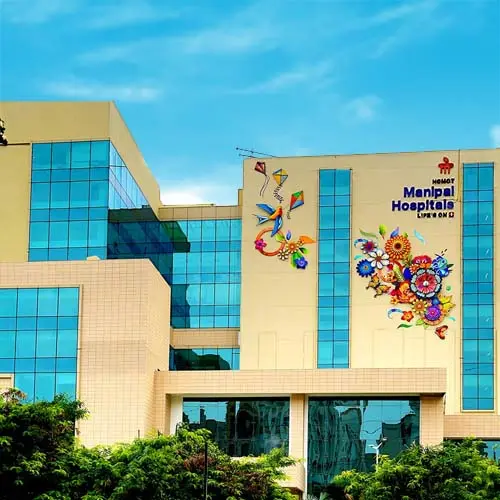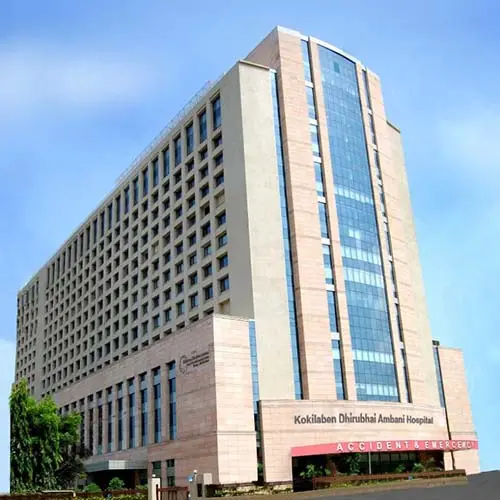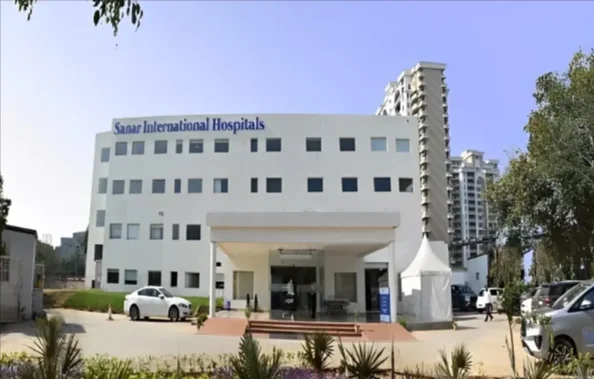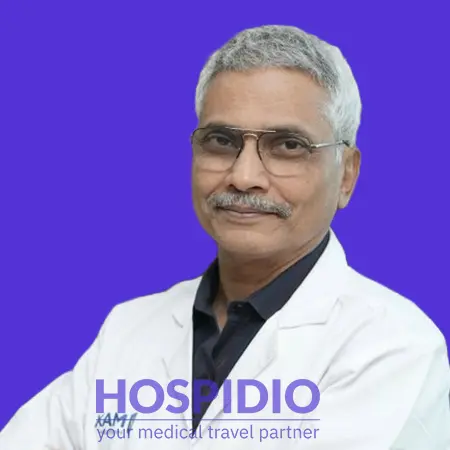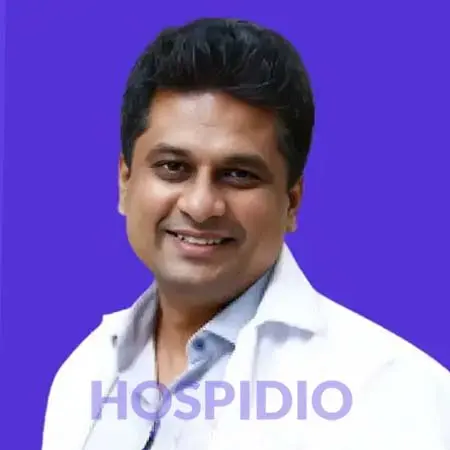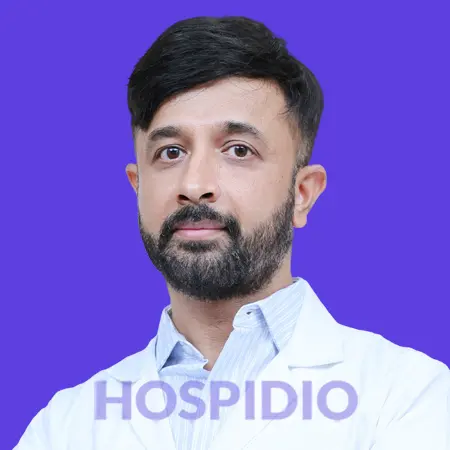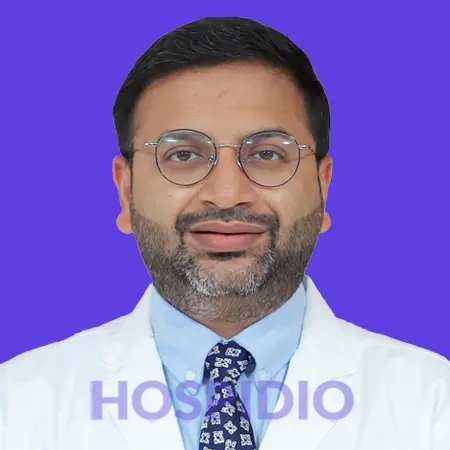Nissen Fundoplication Surgery cost in India
Nissen Fundoplication Surgery cost in India ranges between $4,500 and $6,000, which is approximately equivalent to ₹3,82,500 to ₹5,15,000 INR. This makes India a highly affordable destination compared to Western countries such as the USA or UK, where the same surgery can cost two to four times higher.
Cost Range of Nissen Fundoplication Surgery cost in India
What is Nissen Fundoplication?
Nissen Fundoplication is a surgical procedure used to treat people with severe gastroesophageal reflux disease (GERD) or large hiatal hernias. In this surgery, the upper part of the stomach (called the fundus) is wrapped around the lower end of the esophagus. This strengthens the valve between the esophagus and stomach, preventing acid and food from flowing back into the esophagus.
Get a free cost estimate
How Nissen Fundoplication Surgery is Useful?
Benefit | How It Helps Patients |
Prevents Acid Reflux | Strengthens the valve between the stomach and esophagus, stopping stomach acid from flowing back. |
Relieves GERD Symptoms | Reduces or eliminates heartburn, regurgitation, chest discomfort, and sour taste in the mouth. |
Improves Quality of Life | Patients can enjoy normal eating without constant discomfort or reliance on long-term medication. |
Prevents Complications | Protects against problems like esophagitis, ulcers, narrowing of the esophagus, or Barrett’s esophagus. |
Reduces Dependence on Drugs | Many patients no longer need daily acid-suppressing medicines after successful surgery. |
Minimally Invasive Option | Laparoscopic and robotic techniques offer smaller scars, less pain, shorter hospital stays, and faster recovery. |
Who is an Eligible Candidate for Nissen Fundoplication Surgery?
- Confirmed GERD Diagnosis: Patients must have proven gastroesophageal reflux disease (GERD), confirmed by tests like endoscopy, pH monitoring, or imaging.
- Severe Symptoms: People with long-term heartburn, regurgitation, chest discomfort, or swallowing difficulties that affect daily life.
- Failed Medical Treatment: Those who tried lifestyle changes and acid-reducing medicines but did not get enough relief.
- Complications of GERD: Patients who developed esophagitis, Barrett’s esophagus, ulcers, or strictures because of chronic reflux.
- Hiatal Hernia: Candidates with a large hiatal hernia that contributes to reflux symptoms.
- Good Overall Health: Patients who are fit for anesthesia and surgery, with well-controlled chronic conditions like diabetes or heart disease.
- Willingness for Post-Surgery Care: Individuals ready to follow a modified diet, activity restrictions, and attend follow-up visits after surgery.
Types of Nissen Fundoplication Surgery in India
Here is an overview of the common types of Nissen Fundoplication surgeries along with their approximate cost range in USD:
Type of Surgery | Description | Approximate Cost (USD) |
Open Nissen Fundoplication | Traditional method with a larger incision; used for complex or repeat cases. | $4,000 – $5,000 |
Laparoscopic Nissen Fundoplication | Minimally invasive approach with small cuts and a camera; faster recovery, less pain. | $5,500 – $6,500 |
Robotic-Assisted Nissen Fundoplication | Uses robotic systems for greater precision; advanced version of laparoscopy. | $6,500 – $7,500 |
Get a free cost estimate
Nissen Fundoplication Cost in India Inclusions
Donor and patient investigations before surgery
Surgeon fee, OT charges, anesthesia
Pre-operative outpatient consultations
Routine drugs and consumables required during hospitalization
Pre-anesthesia check up and clearance
Hospital stay and meals as per the package
Nissen Fundoplication Cost in India Exclusions
Hotel stay, meals and flights
Extended hospital stay
Post-operative follow-ups and medical management
Post-operative dressing and nurse visits
Any blood products
Complications management
Treatment for any other underlying medical conditions
Any complex investigations
Anything not covered in the package
Other Factors Affecting Nissen Fundoplication Cost in India
Age of the patient and diagnosis
Choice of location, doctor and hospital
Pre-existing medical history
Type of surgery
Overall patient status and condition at the time of surgery
Tests Required Before Nissen Fundoplication in India
Category | Tests | Brief Description | Approx. Cost (USD) |
Blood Tests | CBC, LFT, RFT, Coagulation Profile | Checks blood health, liver/kidney function, and clotting ability before surgery. | $80 – $100 |
Radiology Investigations | Chest X-ray, Abdominal Ultrasound, Barium Swallow Study | Imaging of chest, stomach, and esophagus to detect abnormalities and reflux-related issues. | $300 – $500 |
Endoscopic & Specialized Tests | Upper GI Endoscopy, Esophageal pH Monitoring, Esophageal Manometry | Confirms GERD diagnosis, measures acid reflux, and tests esophagus muscle strength. | $350 – $500 |
Cardiology Investigations | ECG, 2D Echo | Ensures the heart is healthy enough to safely undergo anesthesia and surgery. | $80 – $150 |
Why India is Preferred for Nissen Fundoplication Treatment?
India has become a leading destination for Nissen Fundoplication surgery, primarily because of its affordability without compromising on quality. The average cost of the procedure in India ranges between USD 4,000 to 6,000, which is nearly 60 to 70% lower than what patients typically spend in the USA or UK. Despite the lower price, the quality of surgical care and patient outcomes match international benchmarks.
A major factor behind India’s global recognition is the expertise of its gastroenterologists and laparoscopic surgeons. Many specialists are internationally trained, holding fellowships and certifications from reputed institutions abroad. With thousands of successful GERD and anti-reflux procedures performed annually, Indian surgeons bring both technical mastery and extensive clinical experience.
Success rates for Nissen Fundoplication in India are reported to be above 90 to 95%, comparable to global averages.Indian hospitals are equipped with modern laparoscopic and robotic surgery systems. The minimally invasive approach reduces scarring, minimizes blood loss, and significantly shortens hospital stays. On average, patients are discharged within 2 to 4 days post-surgery and resume normal activities within 2–3 weeks, much quicker than traditional open surgery timelines.
What sets India apart is its patient-centric approach. From pre-surgical evaluations and personalized diet counseling to structured post-surgical follow-ups, care is continuous and holistic. International patients especially benefit from short waiting times, visa and travel support, dedicated coordinators, and affordable accommodation facilities—ensuring a stress-free medical journey.
Best Hospitals For Nissen Fundoplication Surgery in India
Best Surgeons For Nissen Fundoplication Surgery in India

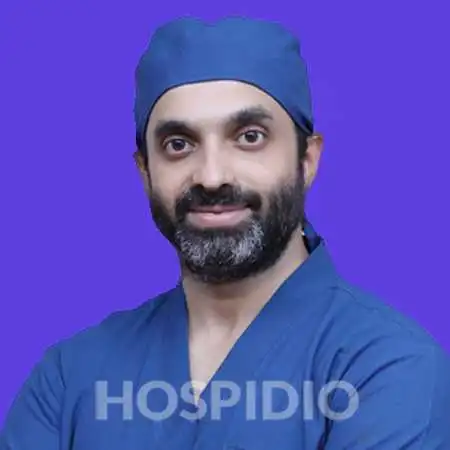
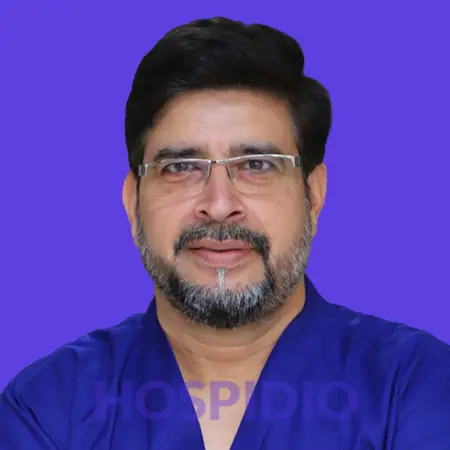
FAQs
Nissen Fundoplication is a surgery to treat severe acid reflux (GERD). In this procedure, the top part of the stomach is wrapped around the lower esophagus to prevent acid from flowing back, reducing heartburn and related symptoms.
This surgery is usually recommended for patients who:
- Have severe GERD not improving with medicines.
- Experience complications like esophagitis, strictures, or Barrett’s esophagus.
- Cannot take long-term acid-reducing medications.
It is usually done laparoscopically (keyhole surgery). Small cuts are made in the abdomen, and with the help of a camera and instruments, the stomach is wrapped around the esophagus. This method causes less pain and allows faster recovery.
The surgery has a success rate of over 90% in controlling acid reflux and improving quality of life. Most patients are able to stop taking long-term reflux medicines after the surgery.
- Relief from heartburn and acid reflux
- Reduced risk of complications like ulcers or cancer of the esophagus
- Improved quality of life and sleep
- Less dependence on long-term medications
Yes, but recovery is gradual. At first, you’ll be on a liquid and soft diet. Within a few weeks, most patients return to eating normal food. Doctors will guide you on diet progression.

